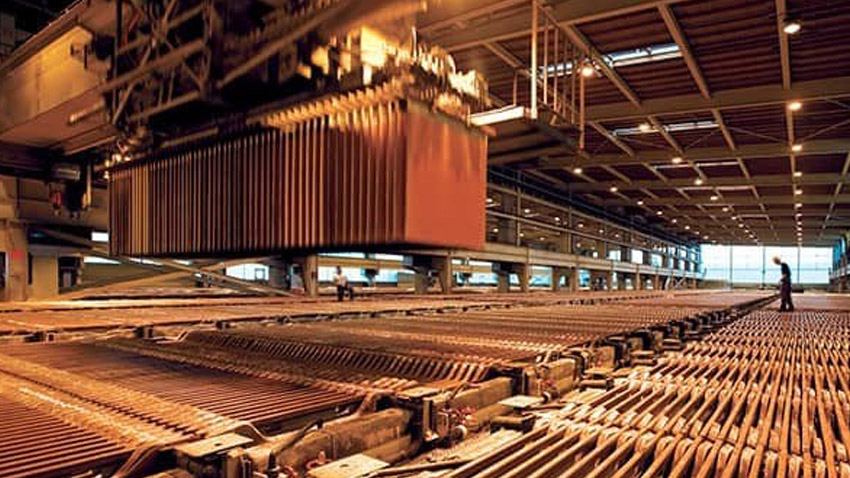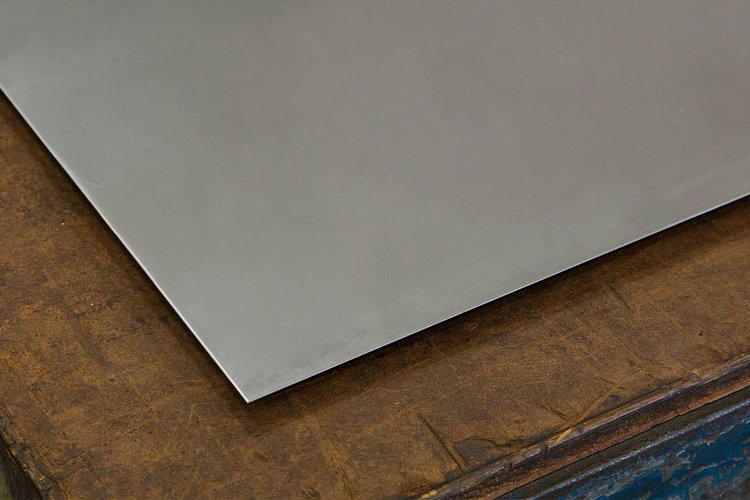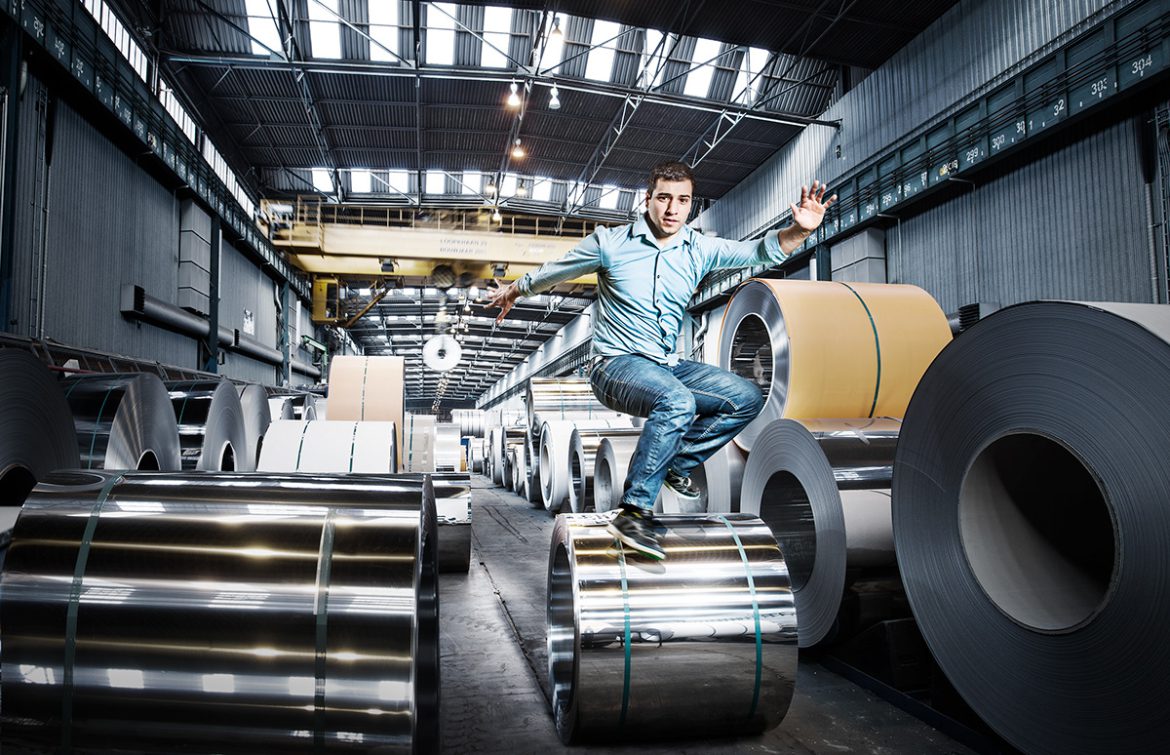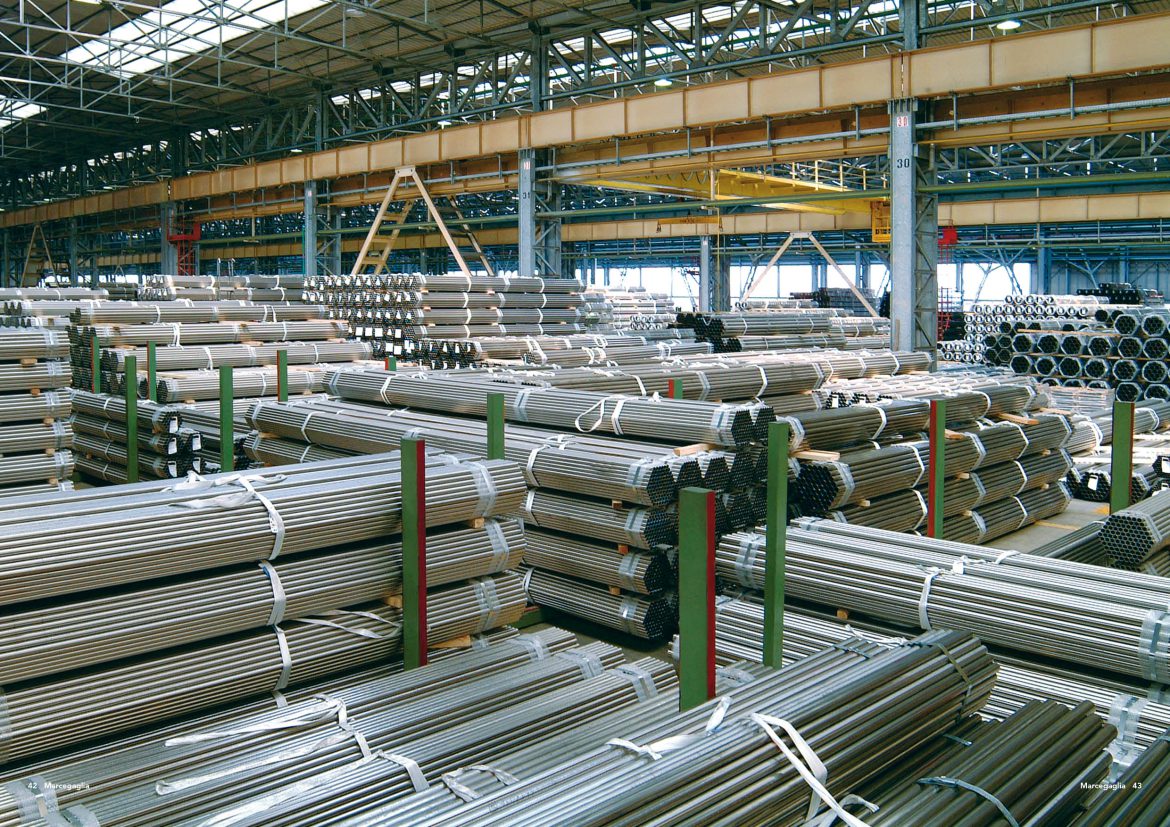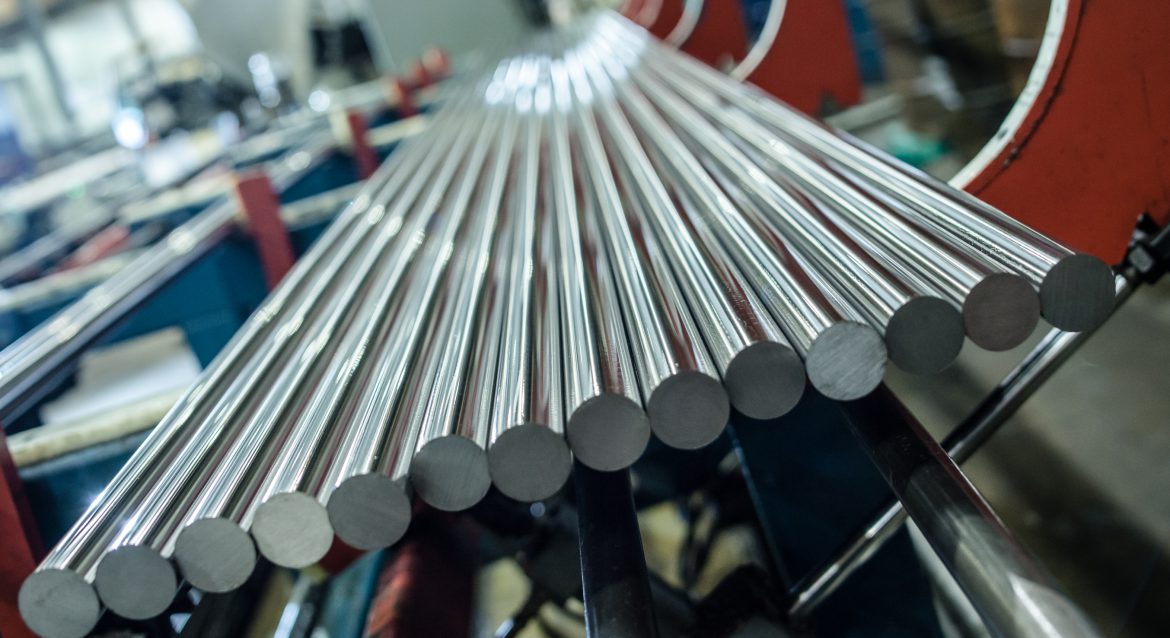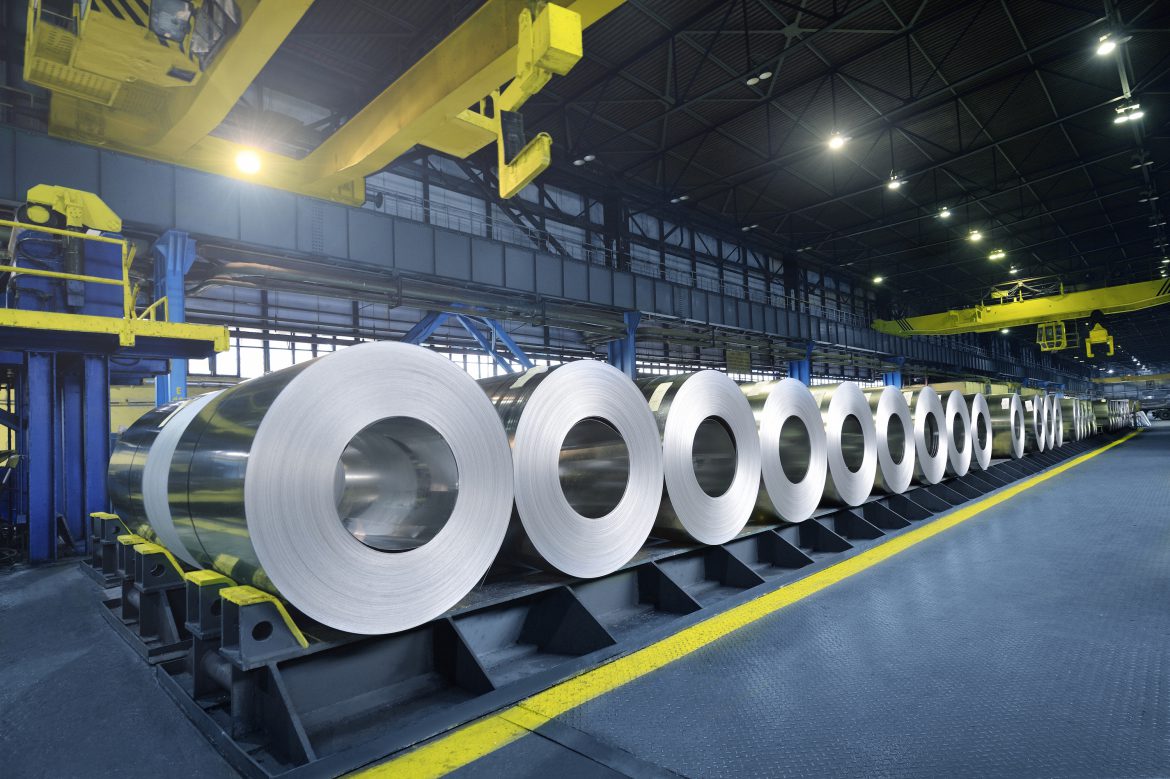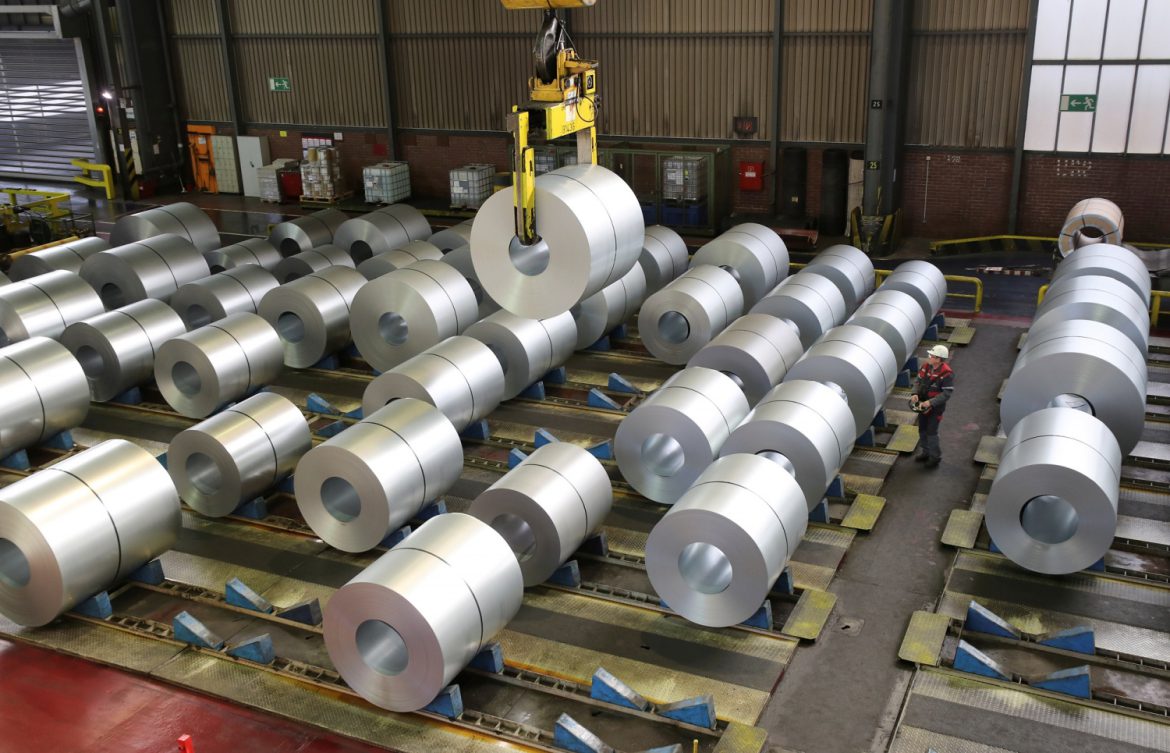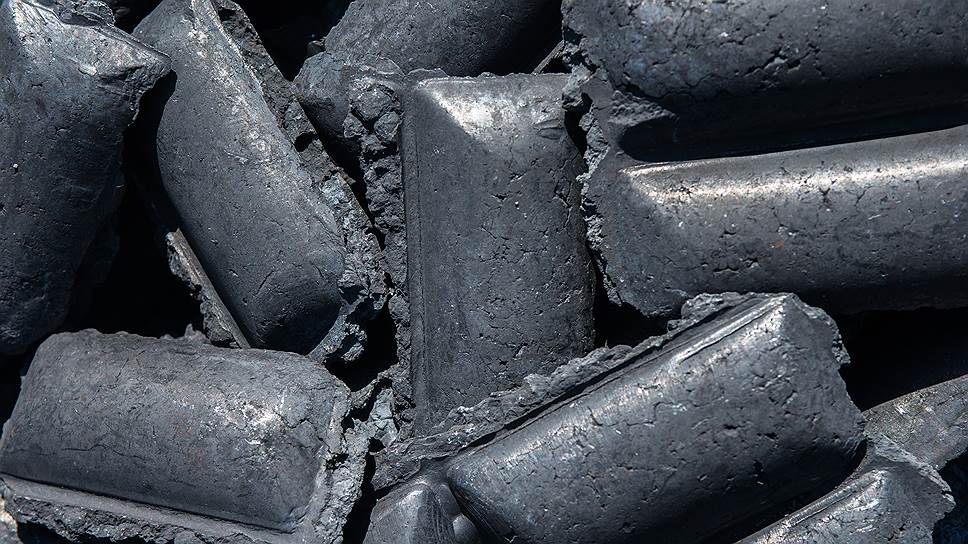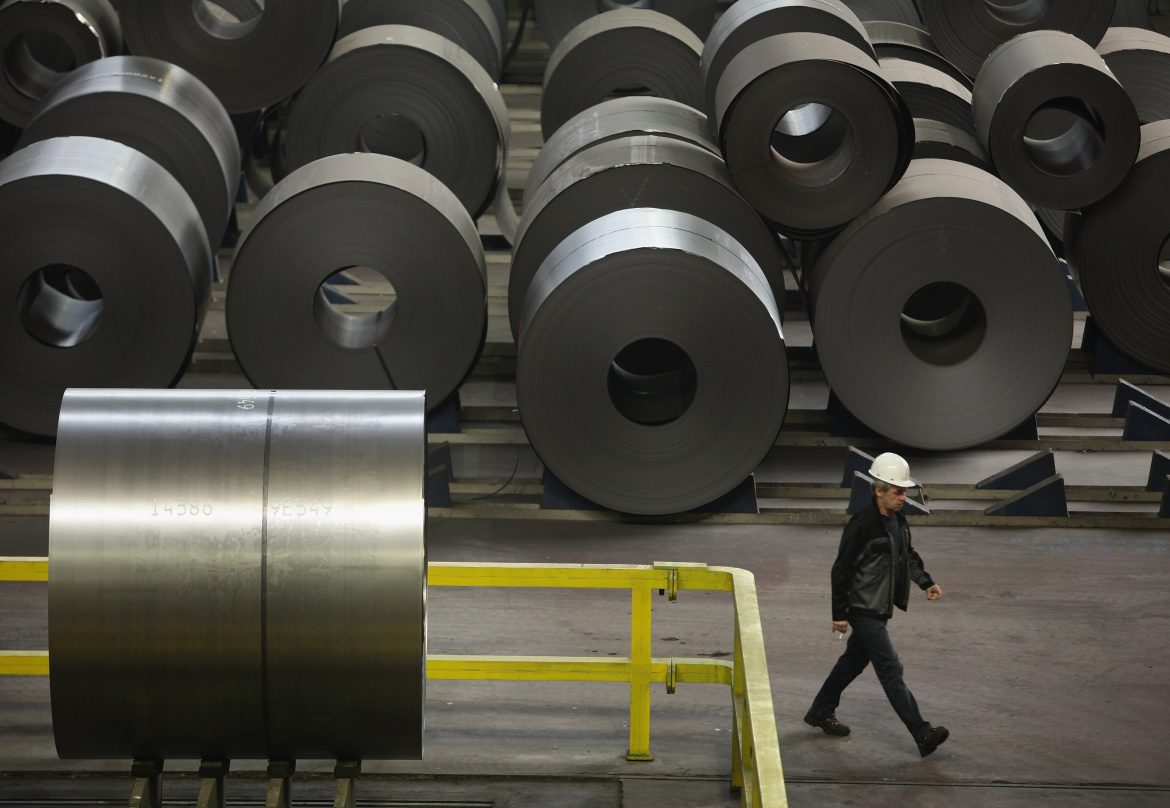Stainless steel is another iron alloy that uses at least 10.5% chromium in the manufacture of steel. Chromium forms a thin layer of permanent oxide on the steel surface, which prevents further corrosion of the steel surface. Increasing the chromium content in the steel composition increases the corrosion and rust resistance of the steel. You can find more information about the worldwide production of steel slabs on our website.
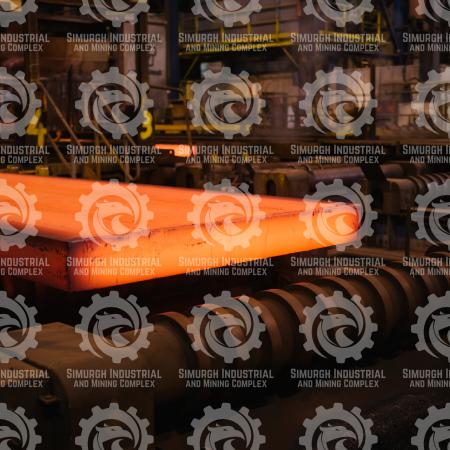
How much steel is required for slab?
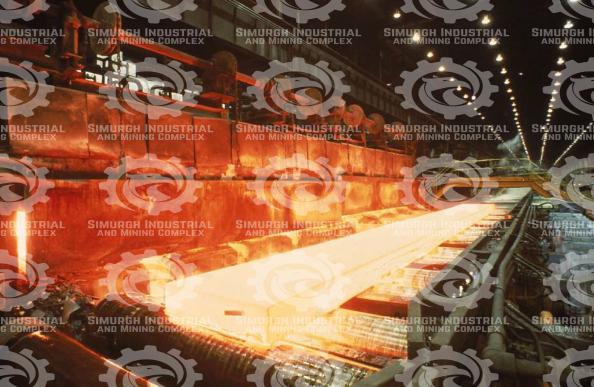 Stainless steel derives its properties from its components. The properties of the elements it contains are: Chrome is the most important element for stainless steel. The heat resistance of steel increases its resistance to scale and deep hardness, and they generally do not rust. Carbon: Increases the tensile strength and yield strength of steel and actually hardens steel. Manganese: Increases the tensile strength and yield strength of steel. In fact, this element increases the resistance to high temperatures and heating time in the steel structure.
Stainless steel derives its properties from its components. The properties of the elements it contains are: Chrome is the most important element for stainless steel. The heat resistance of steel increases its resistance to scale and deep hardness, and they generally do not rust. Carbon: Increases the tensile strength and yield strength of steel and actually hardens steel. Manganese: Increases the tensile strength and yield strength of steel. In fact, this element increases the resistance to high temperatures and heating time in the steel structure.
Silicon: The element silicon has a strong tendency to combine with oxygen. Since oxygen causes steel to oxidize, silicon is used as a deoxygenating element.
Molybdenum: Reduces the brittleness of steel, increases the ability of steel to be deeply hard and heat resistant Nickel: This element also improves the hardness of steel. The stainless steel process is such that when the stainless steel is cut, its chromium oxidizes and covers the cut area. It is this self-healing property of chrome that makes stainless steel. However, it is a misunderstanding to believe that stainless steel is a permanent concept of steel.
In fact, stainless steel will not rust while in fresh water or marine water in unpolluted environments, but it will rust if placed in stagnant water or in humid marine environments. In fact, the stainless properties of steel are highly dependent on environmental conditions and chemical compounds. Ferritic stainless steel These stainless steels have good magnetic properties and good physical and mechanical properties. The main alloying element in this group is chromium and also a small amount of carbon is about less than 0.1%.
Use of Ferritic Stainless Steel: Applications of this type of steel include use in household appliances, valves and decorations. Disadvantages of ferritic stainless steel: This type of steel is not suitable in some situations where a corrosive attack agent such as seawater is present. And because of their small thickness and lack of hardness, they are not suitable for welding.
Austenitic stainless steel: This type of steel is more common than other stainless steels. The structure of this type of steel contains nickel, manganese and nitrogen. Application and advantages of austenitic stainless steel: It has good weldability and can be used well when parts need to be welded. These types of steels, because of their inherent structure, have good flexibility, good resistance to corrosive agents, and are non-magnetic. And in industrial pipes, facades of buildings and structures are used. Martensitic stainless steel This type of steel is similar to ferrite steel in chromium-based formations.
However, its carbon content is more than 1%.
Advantages and uses of martensitic stainless steel: This type of steel has good abrasion resistance and maintains sharp edges and angles in the parts of this type of steel. Cutlery, surgical aids, etc. are used. Please visit our website for more information on stainless steel slabs for sale and steel slabs price.
You can contact us to buy and sell this product:
Sales consultant: Ms. Leila Nematzadeh
Ways of communication: Phone number: 02147623014
Phone number: 02147623014
 Phone number: 04133660491
Phone number: 04133660491
 Phone number: 09120169267
Phone number: 09120169267
 WhatsApp Response (Skype): click
WhatsApp Response (Skype): click
 Instagram: simurgh_steel_company@
Instagram: simurgh_steel_company@
 email: info@simurghsteelco.com
email: info@simurghsteelco.com
 email: ironore110@gmail.com
email: ironore110@gmail.com
 Facebook: ironore110@
Facebook: ironore110@
 LinkedIn: simurgh-iron-and-steel-company-a68295180@
LinkedIn: simurgh-iron-and-steel-company-a68295180@
 twitter: CoSimurgh@
twitter: CoSimurgh@
